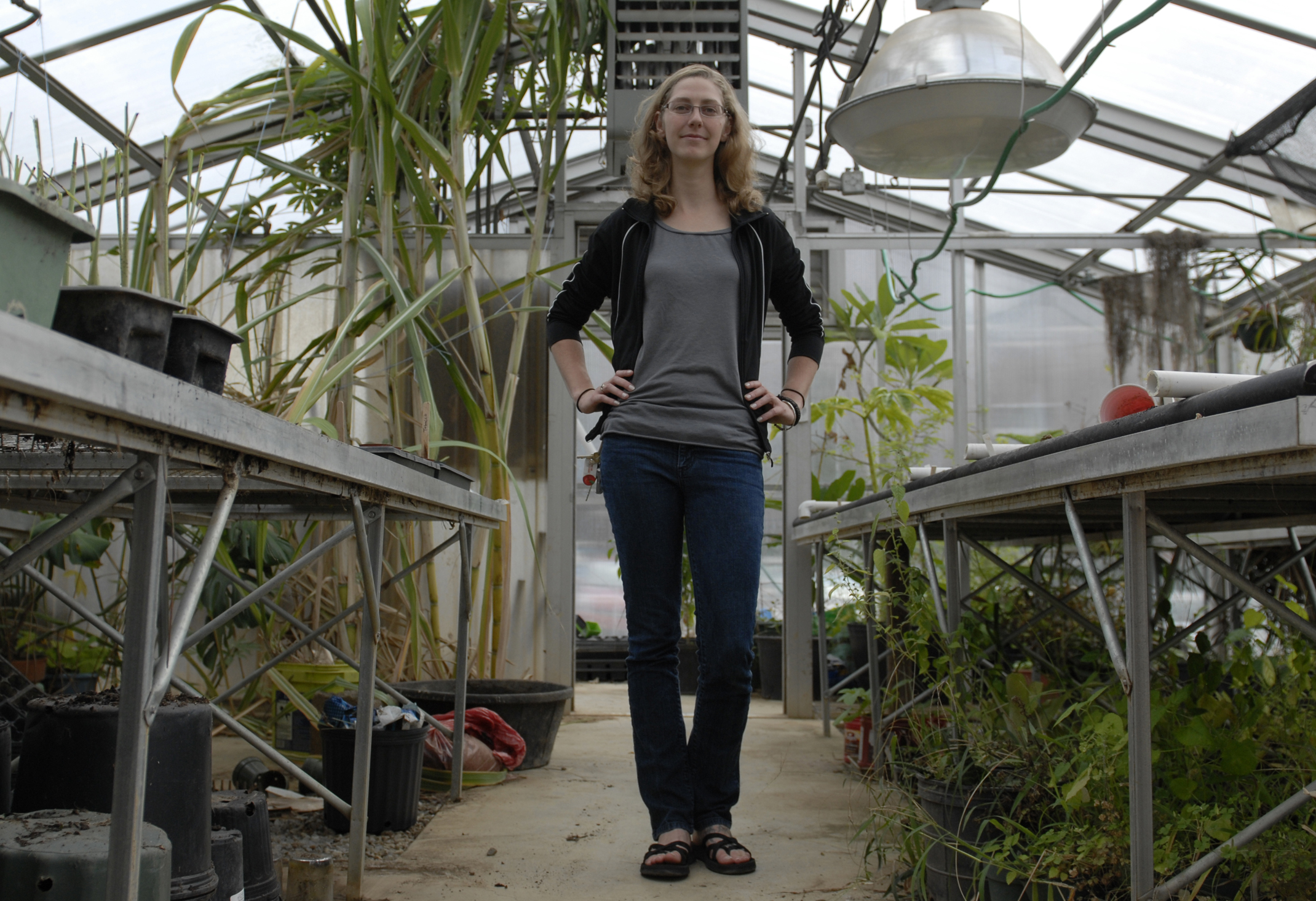ONLINEWebsite for UTC's national and international exchange programs: www.utc.edu/Academic/NationalStudentExchange/
When a student walks into his office, Hugh Prevost starts with one question: Where in the world do you want to be?
Prevost, director of international programs and the national student exchange office at the University of Tennessee at Chattanooga, helps guide students across all disciplines after they decide to study abroad.
However, Prevost has noticed one flaw in students signing up to study in other countries - few of them are science majors.
Though Prevost could not pinpoint why he does not see many science students in his office, he said it may be that science majors have a better sense of what they will be doing when they graduate.
"If you think of the sciences, they are all boxed up," Prevost said. "Most [science] people - more than other majors - know that they are going to go on to graduate school or a professional program. They're pretty much like, 'I've got to get these courses to get to this step.'"
But some science majors say the main reason they do not participate in study abroad programs is that they are simply unaware that the programs exist.
Sunny Hart, a senior biology/ecology student who specializes in botany at UTC, said she wanted to do something interdisciplinary and look at science as a whole, but she never thought about looking at opportunities abroad.
But that changed this summer when she studied the effect deforestation had on the eating habits of various species of lemurs in Madagascar in conjunction with students from the University of Massachusetts at Amherst. But the roots of the trip didn't start at UTC; instead, they were planted after a friend who went to Amherst called and asked if Hart would be interested in going.
"I had become extremely comfortable with Southeastern Tennessee flora, and I had become comfortable here," she said. "It was like -- wow! -- this is something I can do. I think there's this really romantic idea of what field scientists do -- going out with the hats from the 1800s on, doing work. But it's not something that scientists think they will be able to do."
Matt Cole, a 2012 physics graduate at UTC, said he also was unaware of the opportunities available to him. Cole spent fall 2011 in Hilo, Hawaii, home to one of the world's largest telescopes, as part of the National Student Exchange -- a program that allows students to spend up to an academic year studying at another institution in the United States, Canada, Guam, Puerto Rico or the U.S. Virgin Islands.
Being able to study at another institution gave him experiences he was unable to have at UTC, he said.
"I was able to be in contact with real research and professionals in the field," Cole said. "And there were lots of classes offered at the University of Hawaii-Hilo that were not offered at UTC."
Travis Vaughn, a physics major who will study abroad at Johannes Kepler University in Linz, Austria, this fall, said he believes most science majors are less aware of their options than humanities students.
"Seeing scientific institutions abroad is as important for a science major as language immersion is to a linguistics major," Vaughn said.
One of his best learning experiences, he said, was during a trip to China with UTC's honors college. His tour guide was a former physicist and had studied physics through Daoism - a Chinese religious philosophy that emphasizes natural order.
"We learned the same thing, but he could offer a different perspective on it," Vaughn said. "It was wild to be able to talk to someone halfway around the world about physics."
UTC offers some group science programs - including trips to the Bahamas, Costa Rica and Belize - and Prevost is working on a partnership with a university in Ecuador so students can take advantage of the learning opportunities at the Galapagos Islands.
Prevost said experiences like Vaughn's are one of the many reasons science students should consider studying abroad.
"We've got a nice lake and a nice river, but we don't have an ocean," Prevost said. "We've got mountains and trails, but we don't have volcanoes. Getting the sciences that you can't see and touch here, that's an experience."

